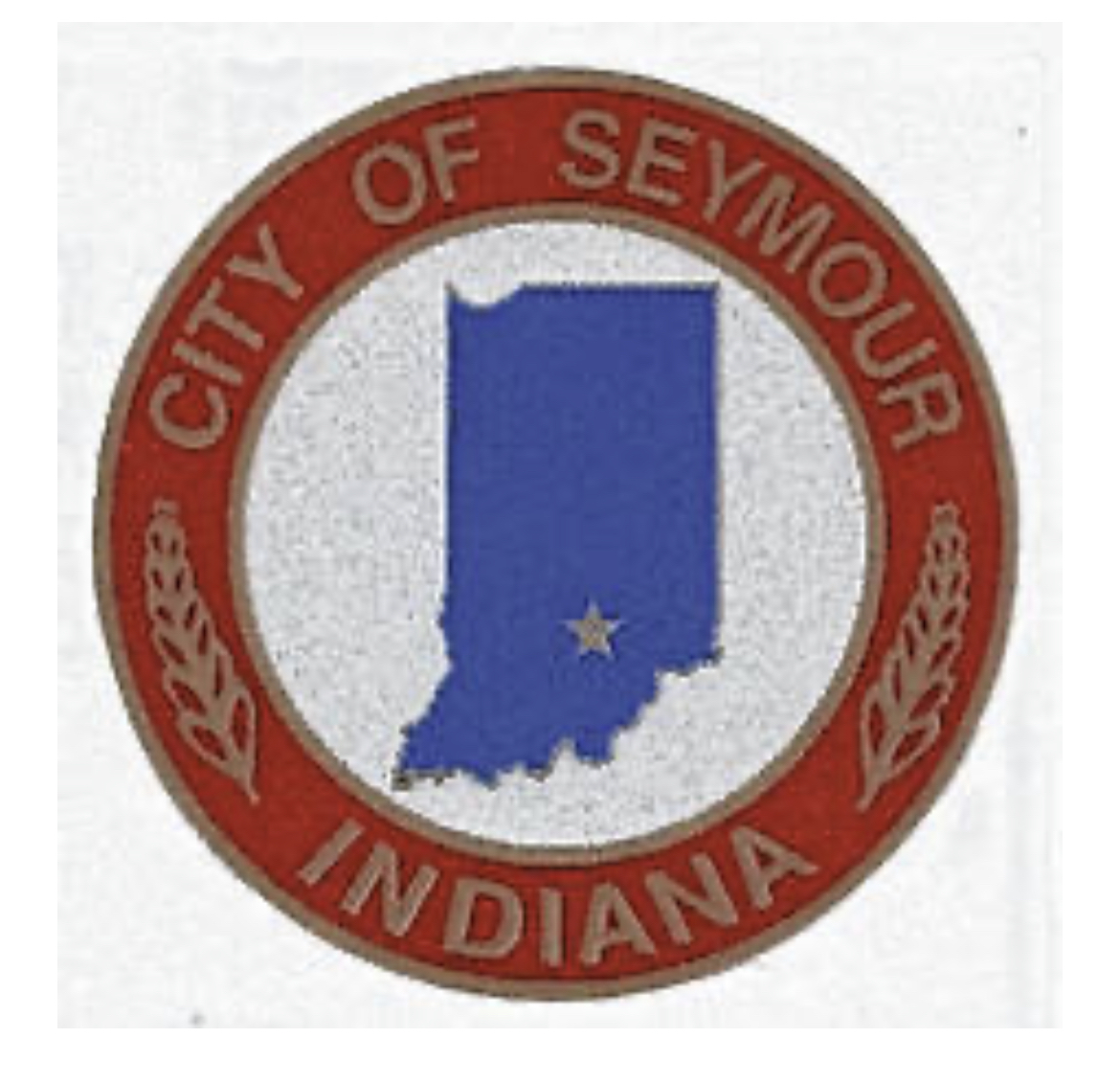
For those who have followed political opinion columnist, and Anderson County, Kentucky resident, Teri Carter's months long battle with Anderson County Fiscal Court officials to expand public access to fiscal court meetings by live-streaming their meetings; recording, archiving, and posting their meetings; and making their meeting minutes publicly accessible with fewer impediments, this story -- from humble little Seymour, Indiana -- should empower Teri and put the Anderson County Fiscal Court to shame.
https://tribtown.com/2023/03/11/city-to-begin-recording-public-meetings/
https://www.pmg-ky1.com/the_anderson_news/groundhog-day-at-fiscal-court…;
https://www.pmg-ky1.com/the_anderson_news/fiscal-court-continues-to-ign…
https://seymourin.org/index.php/tourism
With roughly the same population -- Anderson County has a slight edge over the City of Seymour -- there is little to differentiate them.
Home of John Mellencamp, who made his birthplace famous in the song “Small Town," Seymour's own Seymour Tribune reports:
"Starting April 1, public meetings conducted by the city of Seymour will be recorded.
"The Seymour City Council recently unanimously passed the second reading of an ordinance amending city code regarding the recording of public meetings. The first reading unanimously passed during the council’s second meeting in January.
"According to the ordinance, drafted by councilmen Drew Storey, Matt Wheeler and Chad Hubbard, all officially scheduled, special and called open public meetings shall be recorded in a manner that allows for the capture of audio. That includes without limitation a sound-only recording, a video recording with sound and video and a digital or analog broadcast capable of being recorded.
"Also, a recording of an open public meeting will be maintained by the city for a minimum of two years from the date of the meeting. The recording will be maintained in a format that may be reproduced upon request, and it also will be published on the city’s website, seymourin.org, within three business days of the origination.
"This ordinance does not apply to executive sessions and other sessions that are not open to the public.
"Since the COVID-19 pandemic started, the city has offered a virtual option for its public meetings. Using the GoTo Meeting web conferencing software, community members and people who are slated to speak on an agenda topic can join the meeting to see and hear what’s discussed.
"There is an older-model voice recorder in the council chambers, but city officials said it doesn’t work properly. Using a newer-model voice recorder or broadcasting via GoTo Meeting or another platform would be options under the ordinance.
"As the ordinance was being proposed, the city was recording some meetings and uploading them to the website as a trial run. The committee also met with vendors to assess the conditions of the council chambers and provide recommendations on any enhancements needed to allow for proper recording.
"During the Feb. 13 council meeting, Hubbard asked Mayor Matt Nicholson if anyone spoke with department heads or committees to see if they were for or against recording their meetings.
“'Everybody kind of just looks at it as one of those things that they’ll do,' Nicholson said.
Hubbard also asked fellow councilmen if they had heard any feedback. Wheeler said one department head was unsure how it would work, so he explained that to them, and Councilman Bret Cunningham brought it up during a plan commission meeting because he serves on that, too.
"Wheeler said one concern was something said by someone during a meeting being caught by the general public and being 'saved for the ages.'
“'We just had some concerns related to the general public and whether or not it would negatively affect commenting and/or negatively affect somebody if they said something,' he said.

"'I think in today’s day and age, if you can’t be accountable for what you say, you shouldn’t be saying it,'
Cunningham said.
“'If you’re worried about what you say, you probably shouldn’t have said it to begin with,' council President Dave Earley said. 'That’s just sorry for your luck if you let your tongue slip.'
"Storey said the committee’s intent with the ordinance was to make what’s done by city boards more accessible to the people they serve.
“'The idea is just allowing people to hear what in the world happens in city government,' he said.
"'It’s not to catch anybody in any sort of precarious situation, and for the most part, I assume that we hold public meetings and hold people accountable for what they say in those meetings, and whoever presides at the meetings certainly keeps things sort of in order,' he said. 'But there are times where I know that they are not, and we’ve heard about some of those times as council members over the last couple of years.'"
For those who assert Kentucky's superiority to Indiana, sorry folks. Little Seymour, Indiana is kicking our butts.
For Teri Carter, and those who agree that Kentucky's video teleconferencing law -- vesting unfettered discretion in public agencies to decide whether their meetings are held exclusively in person, exclusively by videoconferencing (with insufficient safeguards), or something like both -- our neighbor to the north shows us how it should be done.
https://apps.legislature.ky.gov/law/statutes/statute.aspx?id=52571
https://kyopengov.org/blog/hb-453-act-relating-open-meetings-becomes-law
https://kyopengov.org/blog/not-all-open-government-advocates-agree-long…
Indiana envy? Mandatory hybrid public meetings -- and recording/archiving/posting of meeting videos and minutes on agency websites -- now! It really isn’t hard to do.


